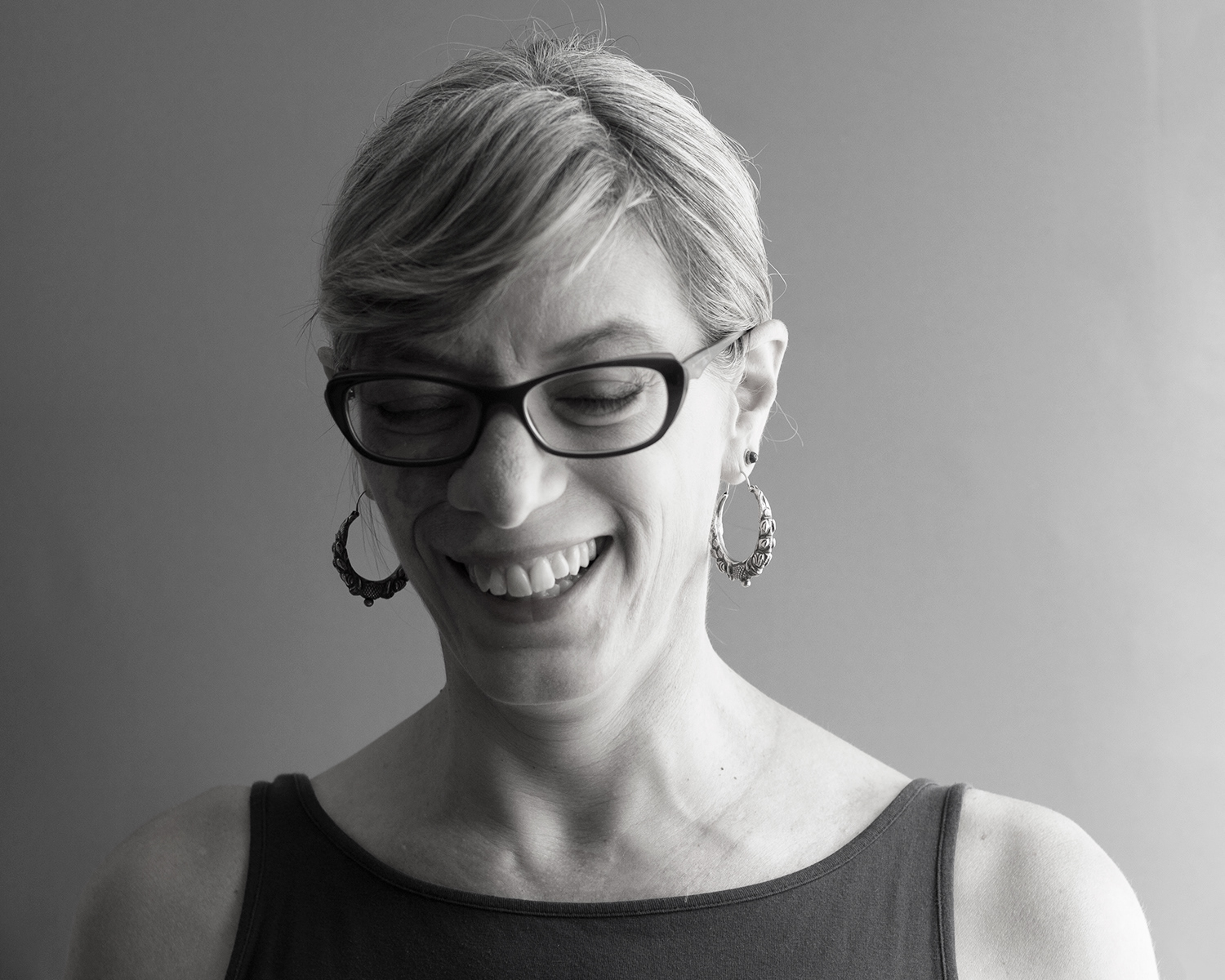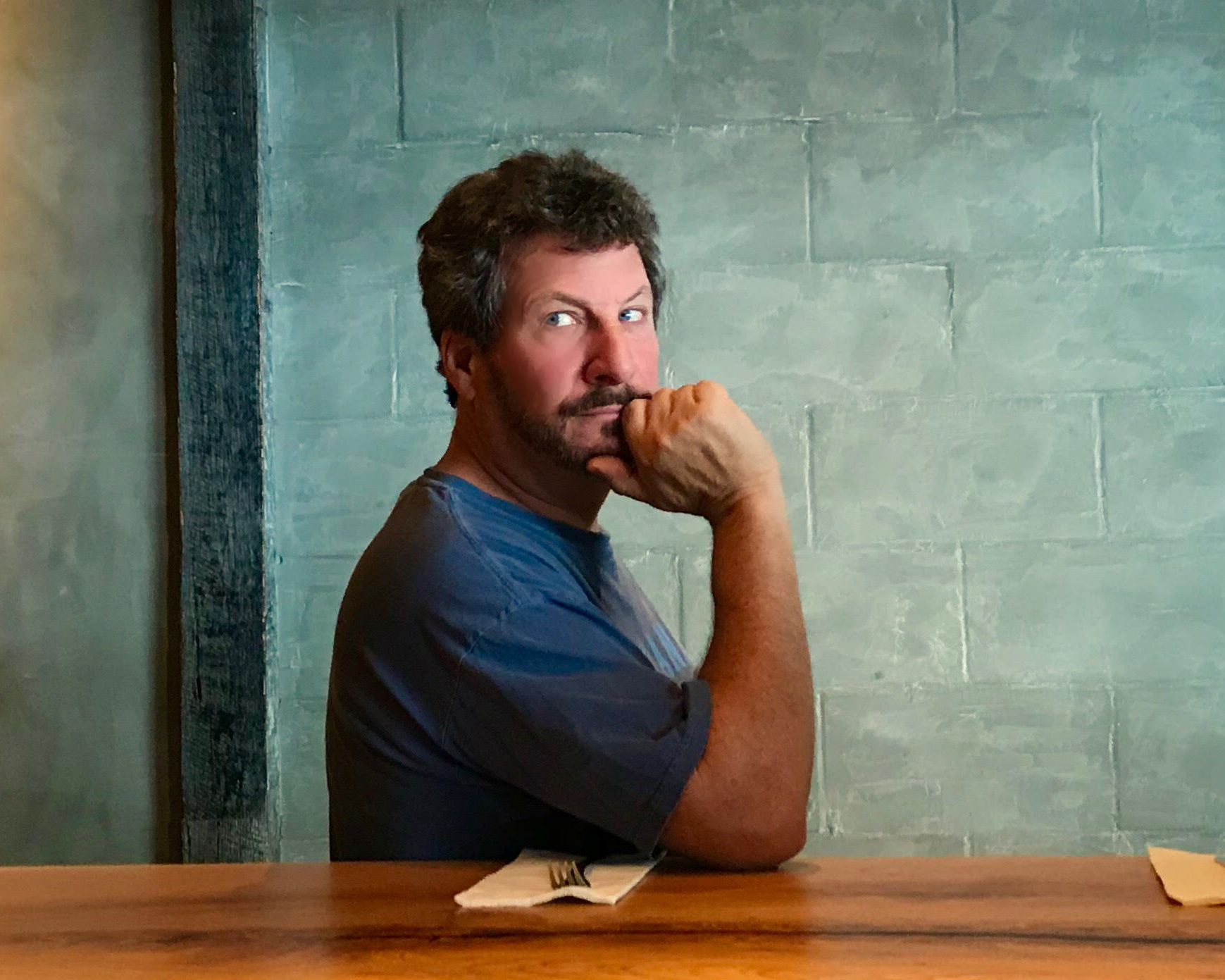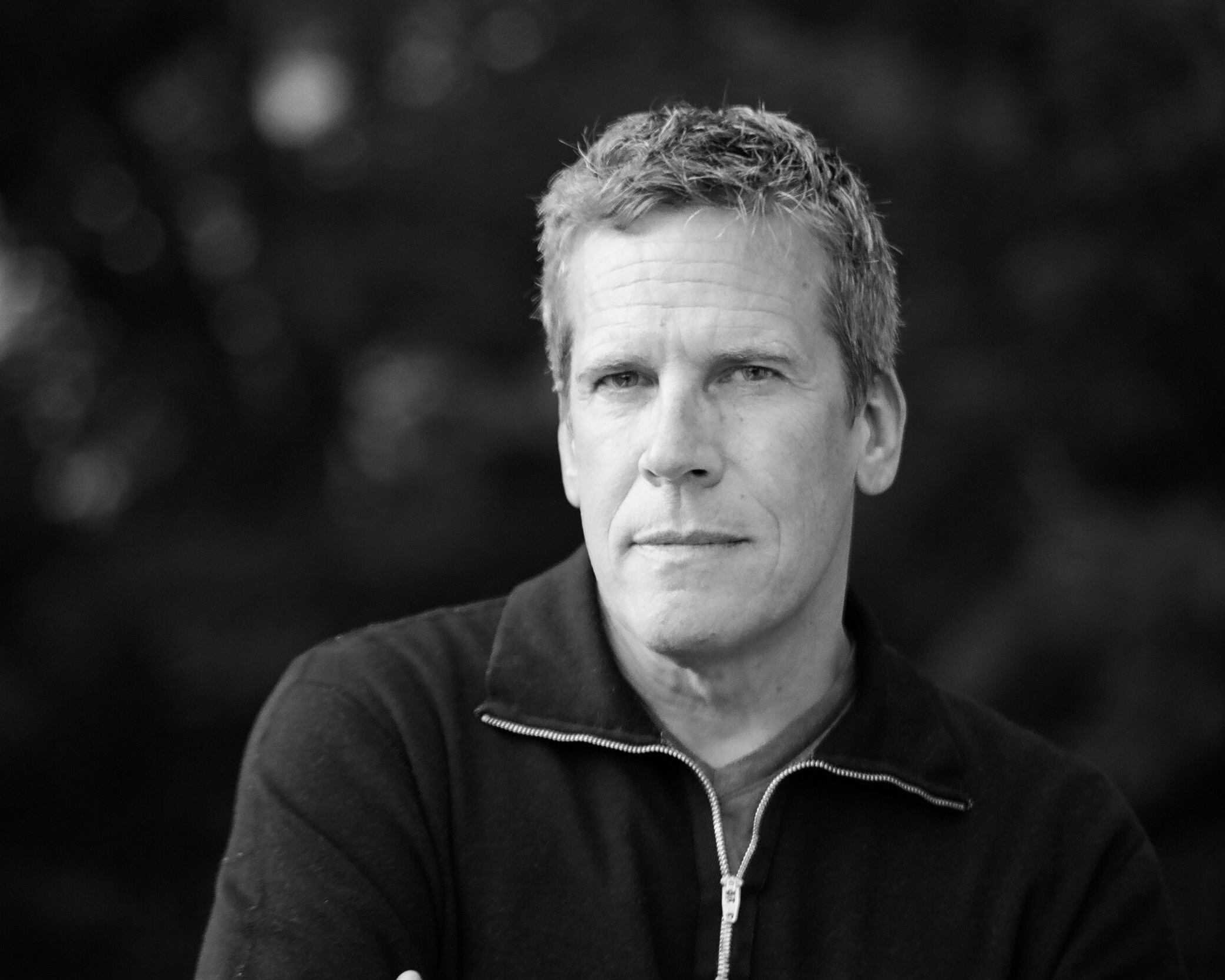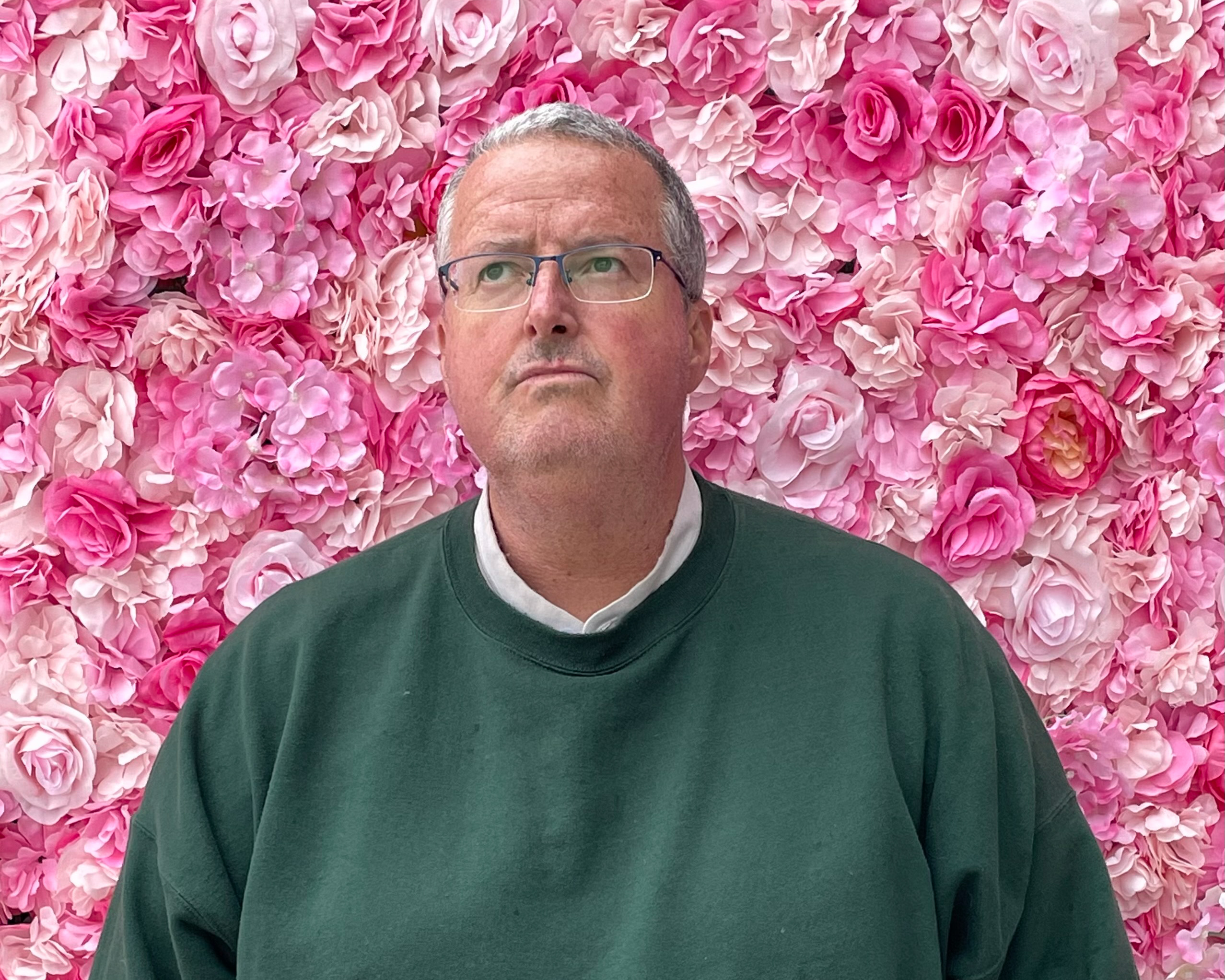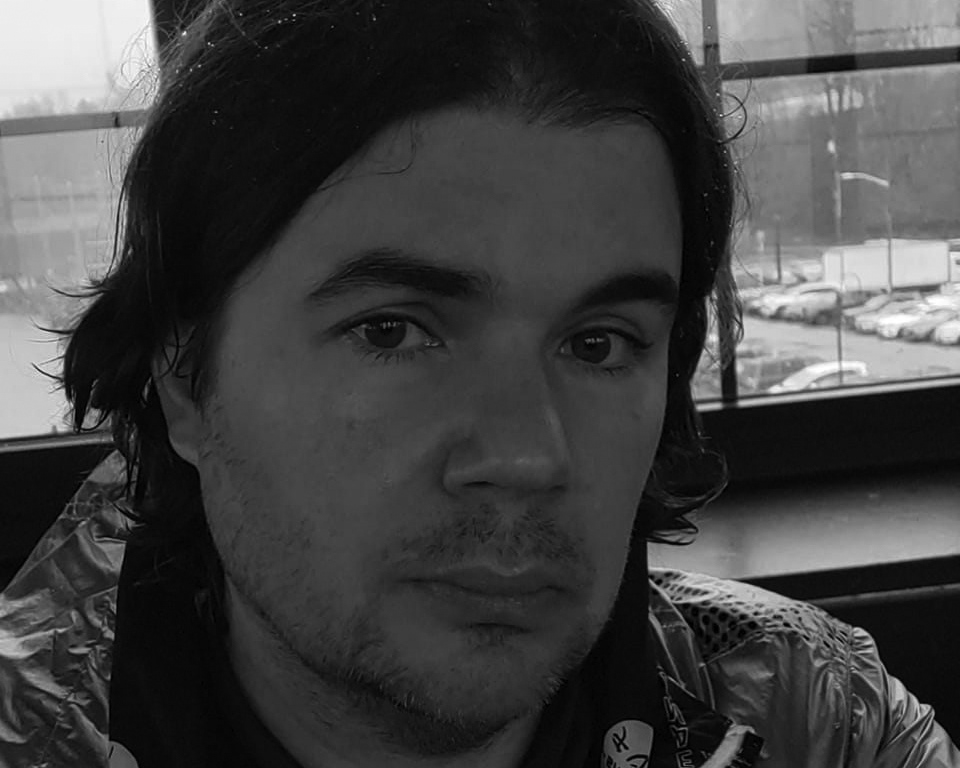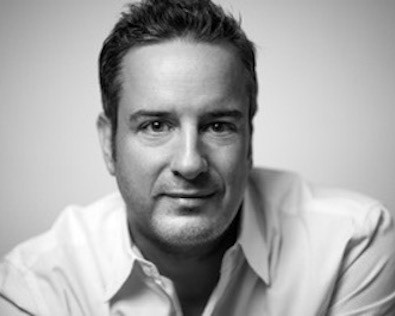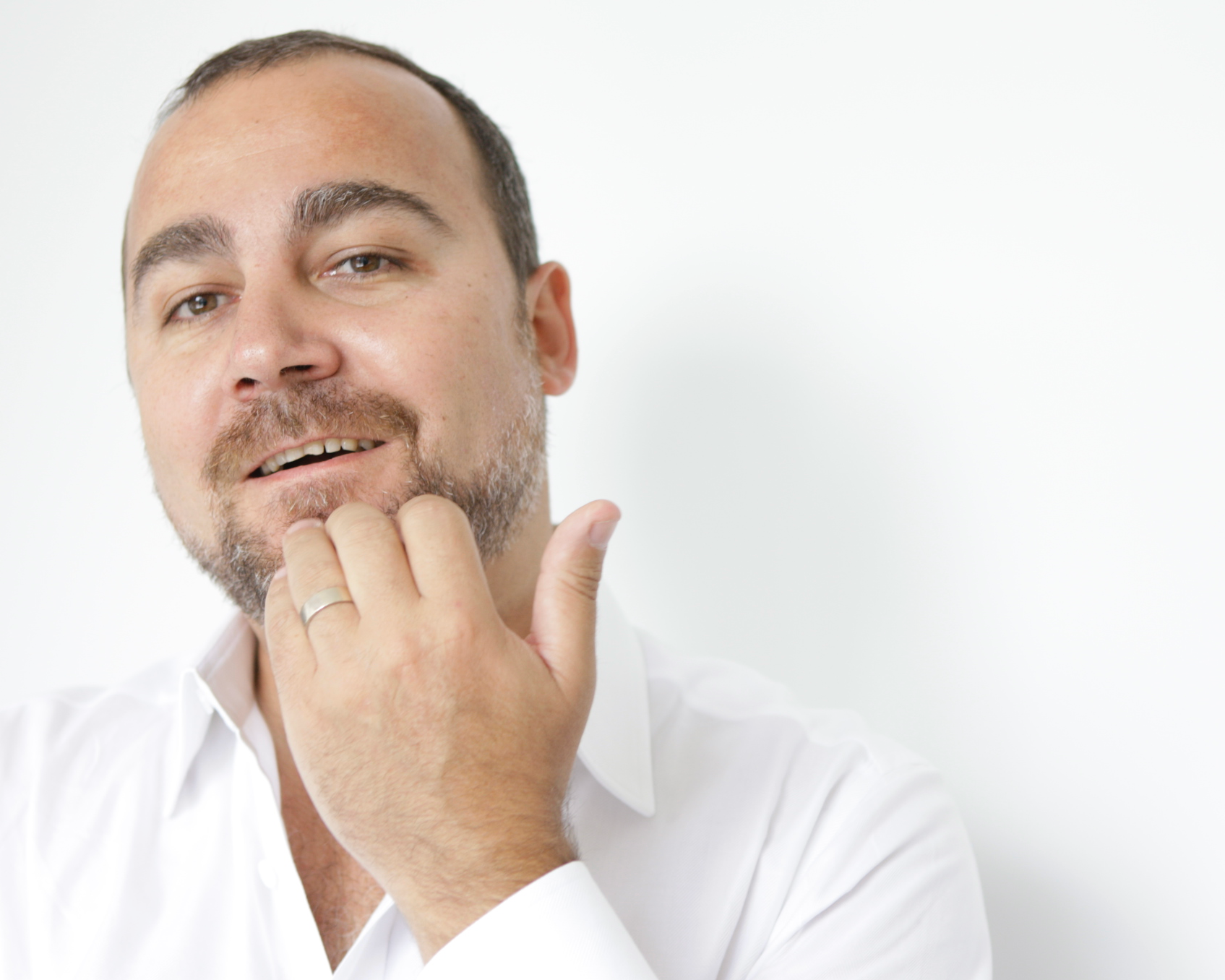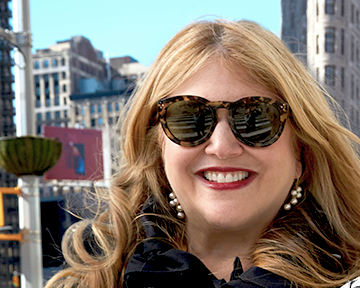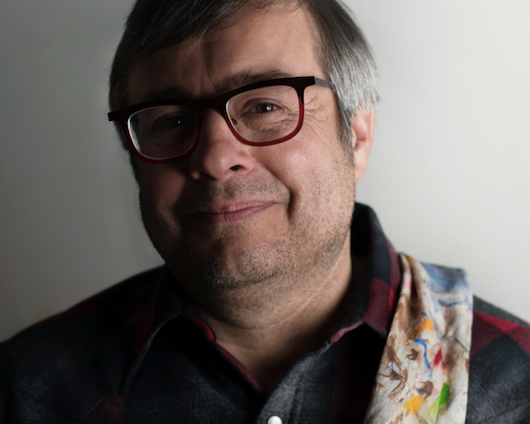Rob is the kind of creative who makes big ideas feel easy. As Co-Founder and Chief Creative Officer of The BAM Connection in Brooklyn, Rob lives by the motto, "Simplicity Liberates Creativity." Over his career, he’s worked on some of the world’s most beloved brands—think Captain Morgan, Starburst, [yellow tail], and Pringles—and he’s spent decades proving that the best ideas don’t have to be complicated to make an impact. With 20 years as ECD at Grey, NY, and 11 years running BAM, Rob knows how to cut through the noise and find the one simple, powerful idea that changes everything.
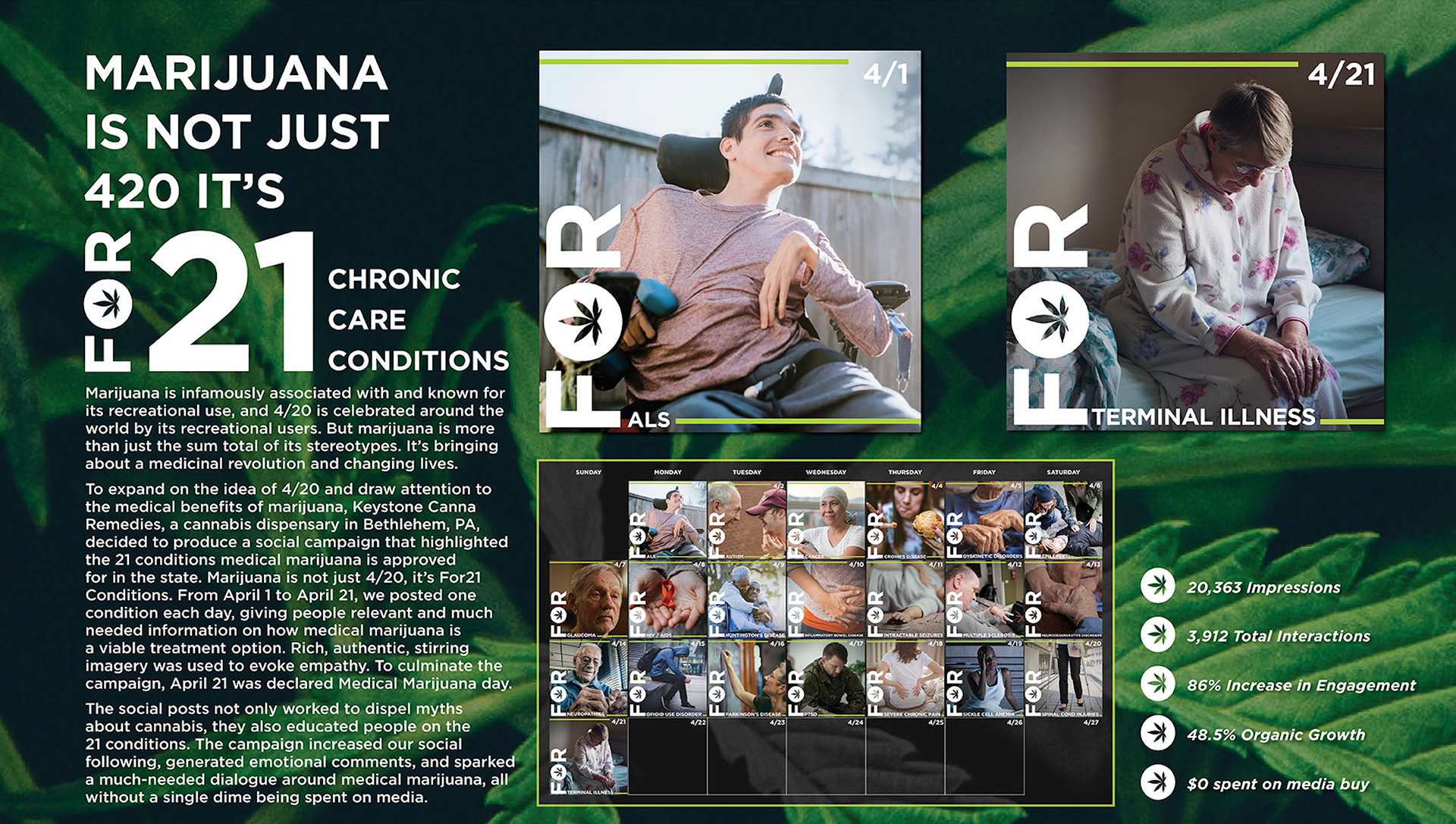

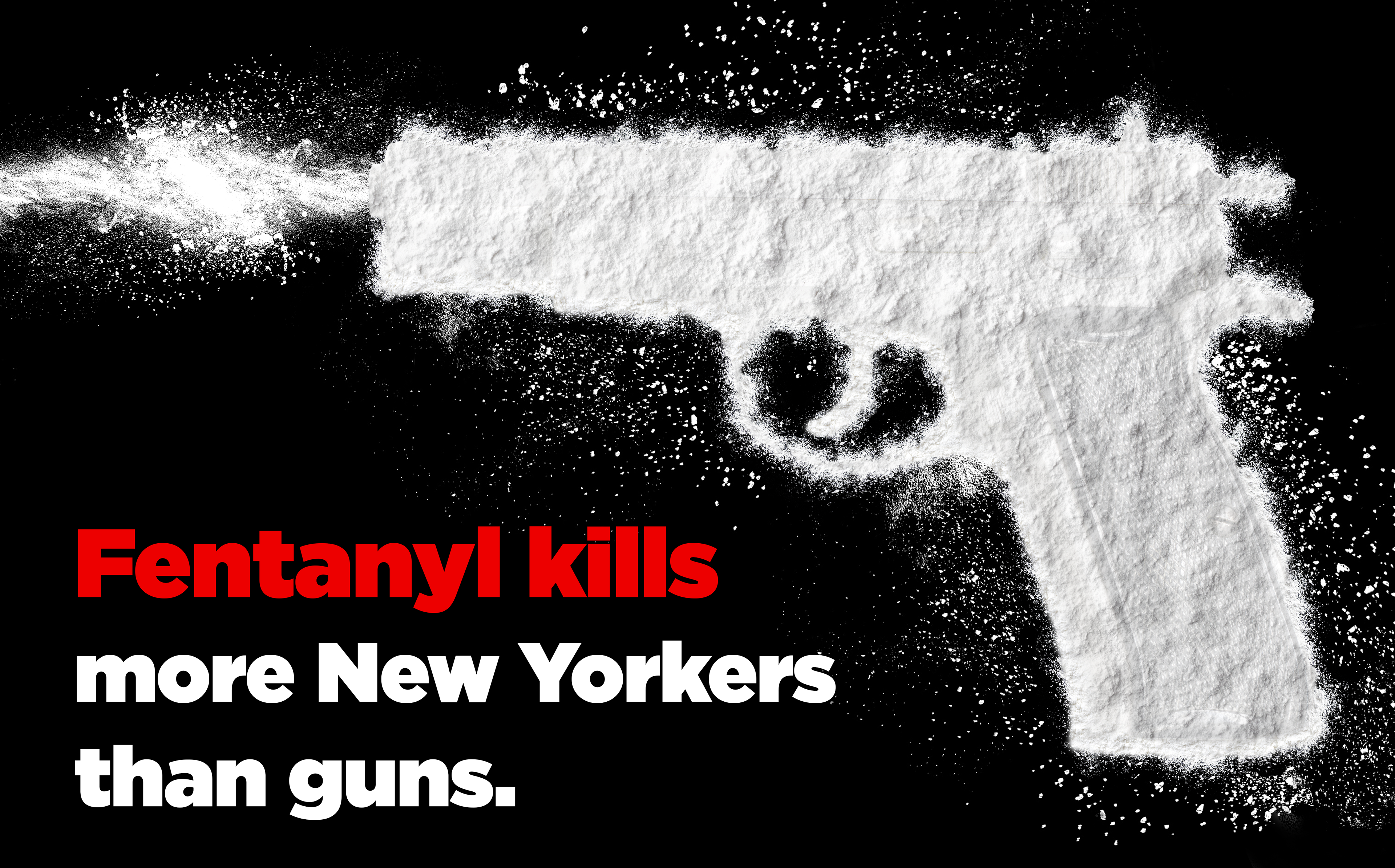
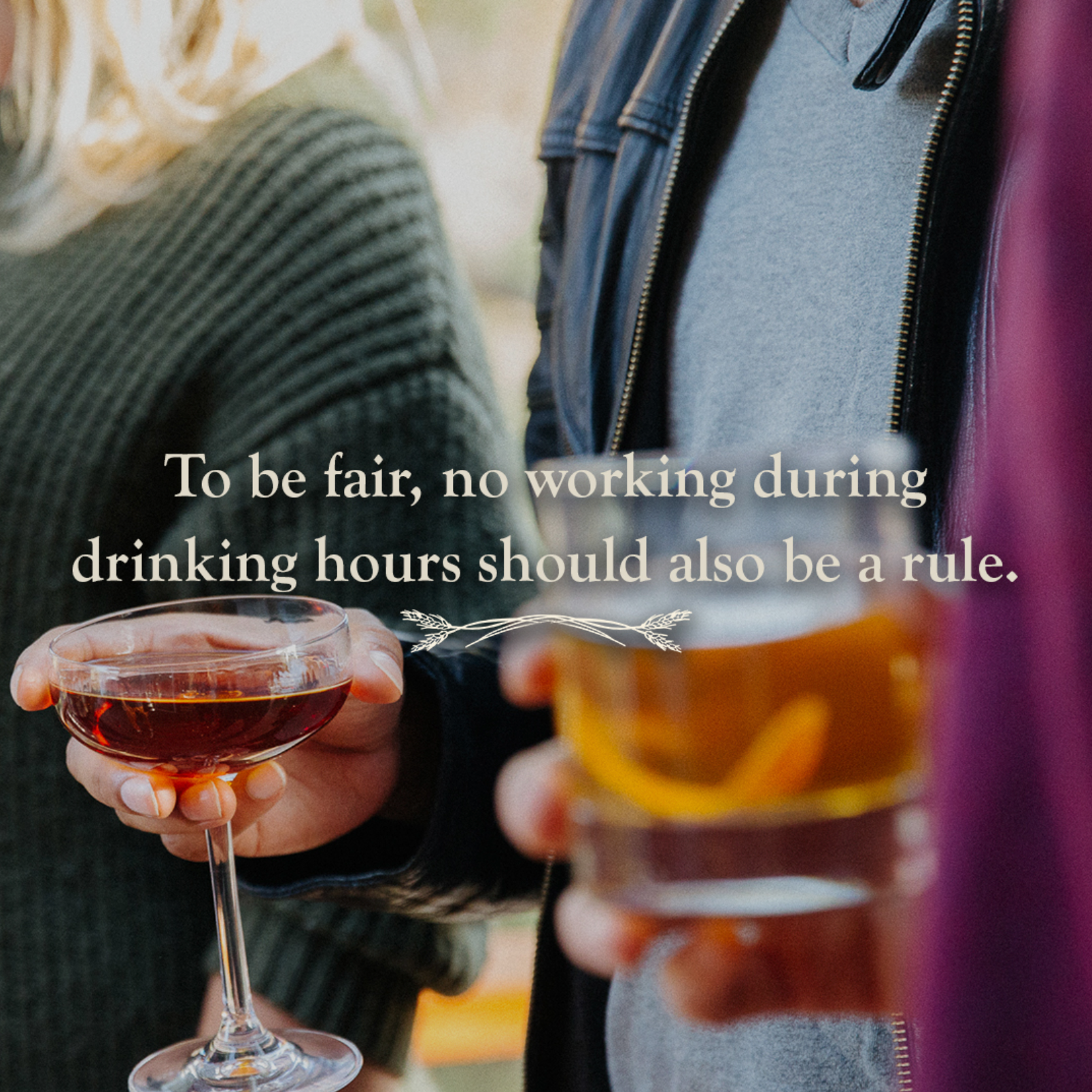
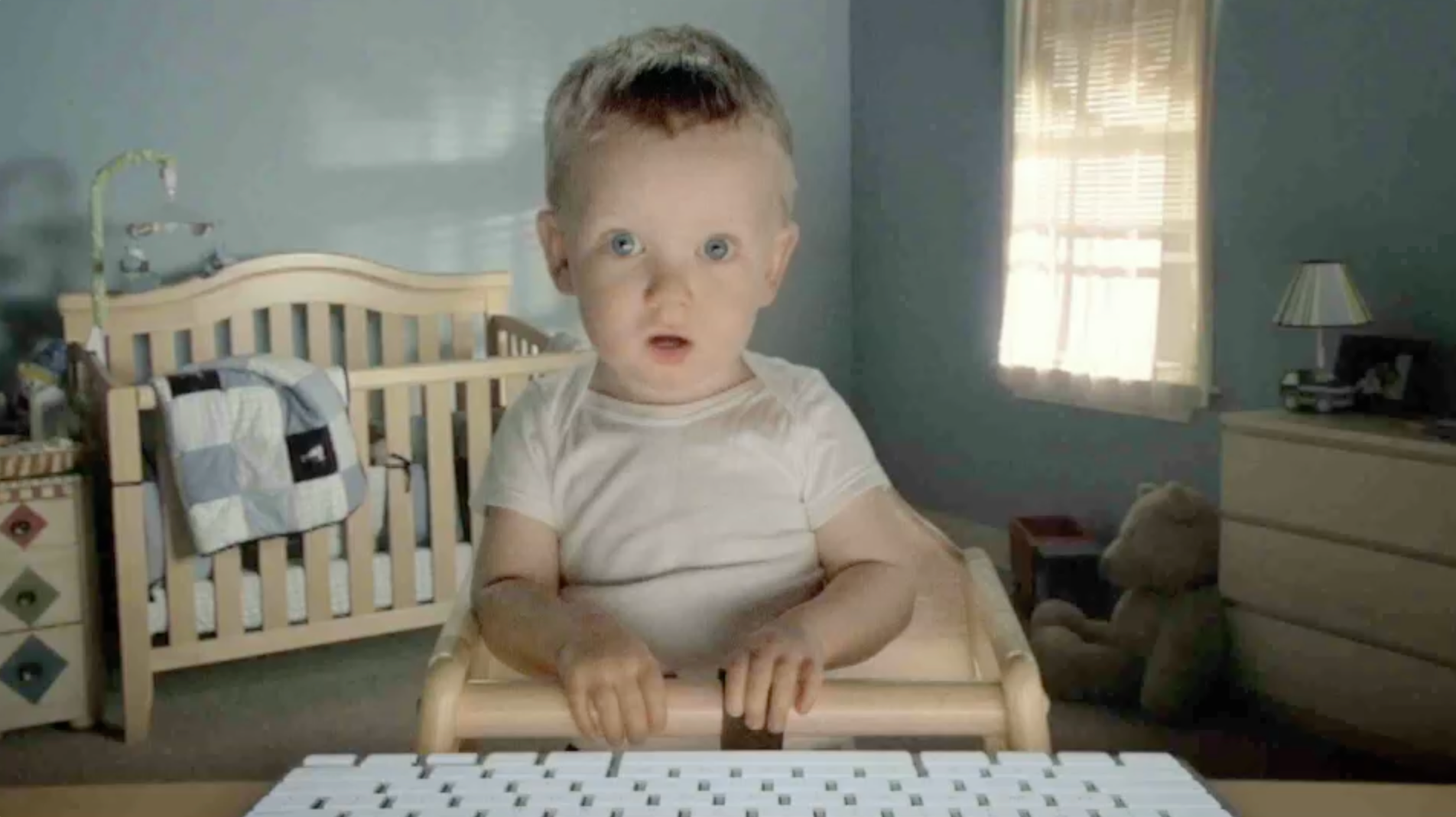
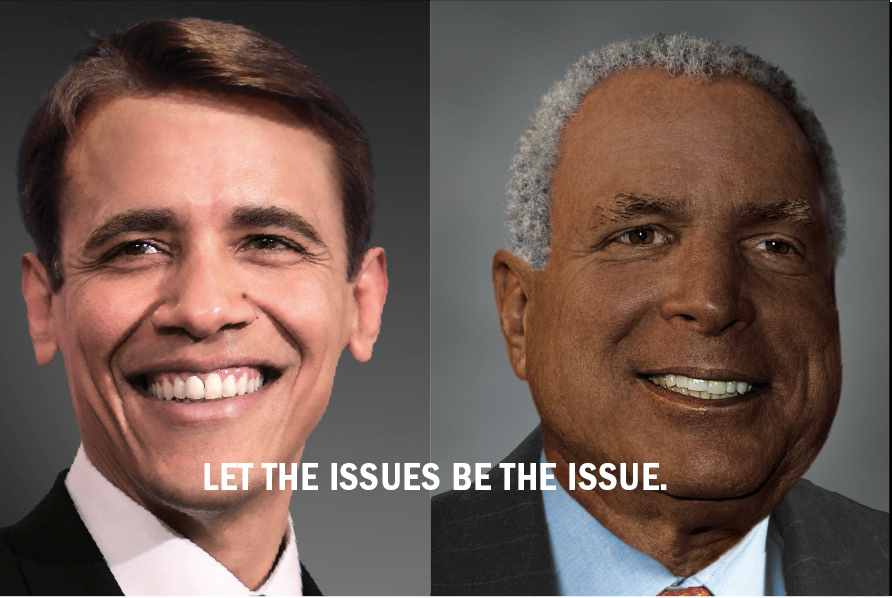
Is ageism in the industry something you thought about in your 30s? Your 40s?
My first partner at Grey made an off-handed comment one day: “You don’t want to be a 40-year-old copywriter in this business.” At the time, I was a 30-year-old copywriter in this business. That woke me up and made me understand you need to be in management when you’re older. That’s how you survive.
"We reach our 40s, and the majority of the industry automatically thinks: older person, older ideas."
Is ageism something that’s affected you? What are some of the challenges you faced as a person who was getting older in the business? Do tell.
It affects every creative, me included. We reach our 40s, and the majority of the industry automatically thinks: older person, older ideas. Then, we immediately get a target on our back for two reasons. One, by then, we are hopefully in some management role, and new management is always coming in. They don’t want leaders from the ‘old way’ who won’t chug their new Kool-Aid. Two, also by then, we likely make a lot more money. Management always needs to fire people who make enough to actually affect the bottom line. That’s not a junior copywriter or art director earning $52K a year.
Tell us about your own creative journey. What are your thoughts on where you are now compared to your mindset when you were at the beginning of your career?
I have wanted to be in advertising since I was a kid. My mother always said I watched the commercials more than the shows. First, I wanted to be a professional baseball pitcher. While I had some success, that ended in college. So, I made a career pitching ideas instead of curve balls.
I started in Buffalo, NY, working for Levy, King & White, which later became Eric Mower & Associates (now Mower). I moved to NYC on June 1st, 1993, and started working at Grey Worldwide on June 11th. Twenty years later, I started the BAM Connection with my partner, Maureen Maldari. We just hit our 11th anniversary
I love being an ‘Ad Guy,’ and always have. I’m a true believer in our industry, and proud to work in it. When I started, I studied the award books, and read every article and every book like “Ogilvy on Advertising” by David Ogilvy and “Tested Advertising Methods” by John Caples. I was, and still am, a student of the business. That’s what keeps it interesting. As soon as you think you’ve got it figured out, you’re done. I still love seeing great work, but now I look more to outside influences for inspiration. poetry, martial arts, cinema, art, etc
A lot has changed over the years. What hasn’t changed is the white page or blank screen. Each day, you still need to face it and come up with ideas. That is equal parts terror and exhilaration. Then, when we bring one to life, I still get that fabulous feeling.
"Rather than have others determine what was next for me, I wanted to choose my own destiny."
Did the reality of the ad industry contribute to the decisions you made/the path you’ve taken?
Yes. I stayed at Grey for a long time, which is very uncommon in our industry, because I kept advancing, and the job kept evolving. As I got ‘older,’ I had a growing desire to do it “my way.” I better understood the value of my experience and was more confident in my ability to open my own agency. Plus, I had a partner ready to go. That felt like a much more positive, optimistic future than walking around big agencies looking over my shoulder or trolling for freelance. Rather than have others determine what was next for me, I wanted to choose my own destiny. Eleven years later, I think I made the right decision.
"I feel like a lot of creatives today are looking over advertising’s shoulder for a more interesting date or to the left for a side hustle."
What do you feel creative people over 50 can offer over someone 20 years their junior, things that are unappreciated or just plain overlooked?
First off, people from my generation tend to be more thinkers, idea people. They turn it over and over, this angle, that angle, right down to the last second before the presentation. Today’s creatives are makers, content creators, more executionally-driven, who jump to producing more quickly. That’s likely due to the advent of the computer, and even more so social media; the speed, rawness, and sheer quantity of content needed forces them to think more executionally and spit more work out. It used to be you made a campaign with one TV spot, three print ads, two billboards and a radio spot. And you really put time into those. Now you make 47 social media posts. Also, we didn’t have all the tools to make things, and thereby the brilliant skills they have. We left that to others brought in after we had the idea.
First off, people from my generation tend to be more thinkers, idea people. They turn it over and over, this angle, that angle, right down to the last second before the presentation. Today’s creatives are makers, content creators, more executionally-driven, who jump to producing more quickly. That’s likely due to the advent of the computer, and even more so social media; the speed, rawness, and sheer quantity of content needed forces them to think more executionally and spit more work out. It used to be you made a campaign with one TV spot, three print ads, two billboards and a radio spot. And you really put time into those. Now you make 47 social media posts. Also, we didn’t have all the tools to make things, and thereby the brilliant skills they have. We left that to others brought in after we had the idea.
Second, people in their 50s get to the idea faster. They know which ones are winners quicker. That’s experience. When you start out, you spew dozens of ideas, then some CD helps direct you to the good ones to develop. As you get more seasoned, you bring fewer ideas to the meeting because you’ve started to self-edit the really wrong ones. When you’re a senior creative, you only bring the ones that work. That’s highly valuable because we all know that today speed matters more than ever.
Lastly, for the most part, the 50+ people in this business are advertising fanatics. We got into it because we love it. We get jacked by cracking a brief, juiced by a cool new concept. We’re happy to stay late to chase that germ we just hit because it might lead to the idea that makes us famous. We wanted to be Darrin Stephens or Don Draper. I feel like a lot of creatives today are looking over advertising’s shoulder for a more interesting date or to the left for a side hustle.
"Mentor the next generation. All those programs are gone. It’s up to us, and at this point in our careers it’s time to nurture, not compete."
What is your advice to people who are nearing or over 40 in the ad industry?
One, be excited by all the new things, not threatened by them. Keep evolving. If you want to make your work more interesting, make yourself more interesting. Two, mentor the next generation. All those programs are gone. It’s up to us, and at this point in our careers it’s time to nurture, not compete. Also, know that they can mentor us on certain things as well. They grew up digital, we did not. At BAM, we turned the agency’s social media over to them. The result has been an amazing 32 million combined views to date! Three, fan those fanatical flames of passion you have for the business, the ones you felt when you started out wide-eyed and eager. If you’ve lost the edge, get out. It’s not good for you or anyone around you. Four, believe that your experience is valuable. The latest doesn’t always equal the coolest. Some people have been cool for 20 minutes, and others have been cool for over 50 years like Mick Jagger.
How are you approaching the next 10 years? What does your future hold?
My name ends with CCO, so I think it is my destiny to continue being the Chief Creative Officer for my agency as I groom the next-gen. I am also looking to surprise myself. I don’t think I’ve created my career-defining piece of work yet. Every time you create an ad, you could be writing your obituary headline. Have I come up with that one yet? I just got my black belt in Krav Maga. I’m not done doing and ready to coast. Do not go gentle into that good night.
"The only thing that should fit the casting is the right idea. That said, if you’re going to squeeze old people out of young brands, then it’s only fair you should squeeze young people out of old brands."
What do you see as potential solutions for ageism in the industry? Any thoughts on possibly unionizing?
Sadly, there is no real career path for senior creatives who want to continue to make creative and not manage people. I tried to design that path with the Creative Manager at Grey. This could be critical. Make a place for senior people, a place of value that fits their skill set and experience level. Also, identify the right brands to work on. A lot of times people don’t want older creatives on young brands. I got that comment from a client when I ran a popular booze brand. After a meeting, she said to the account lead, “Why is Rob bringing old guys to the meeting, doesn’t he understand this a brand for ‘young guys?” Well, by that logic, why did she work on it, she was not a young guy either? I don’t buy that you must fit the casting. The only thing that should fit the casting is the right idea. That said, if you’re going to squeeze old people out of young brands, then it’s only fair you should squeeze young people out of old brands. They have less life experience and insight for those. Also, in an industry that benefits tremendously from diversity, remember age is a diversity as well.
What are some positive things you’ve experienced as you’ve grown older in the business?
New technology is one. For many years it was the same basic mediums – TV, print, OOH, radio. Then came the internet. A whole new world opened up. Another is people – I love ad people, the real ones, who are all-in. Ad people have an X factor. They’re clever, more interesting. They bring life and energy not found in many other industries, perhaps because of the weird amalgam necessary to do the job. A quick wit with a broad sense of knowledge from all sorts of strange brands they’ve worked on. I have immediate simpatico. Finally, a great idea is still a great idea. No technology, spin, or programmatic bullshit can ever change that. It’s undeniable. And the simple ones are always the best. Our creative philosophy at BAM: Simplicity Liberates Creativity. Strip it down to the essence, the thing people really care about the most, then execute the hell out of it.
Who do you look to for inspiration?
People who love what they do. People with passion and curiosity who continue to grow each and every day. People who really give a shit.

